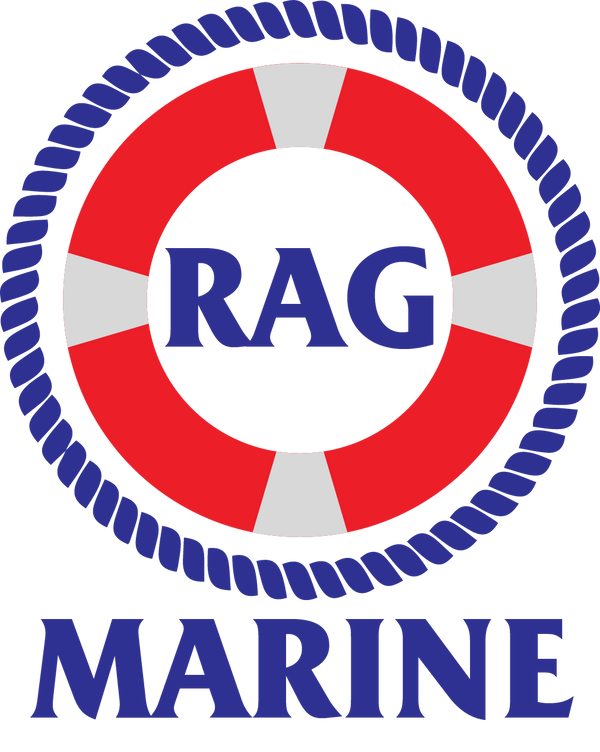Starter on a Boat: An Essential Introduction
Share

Whether you're a seasoned mariner or just embarking on your first nautical adventure, understanding the importance of a boat's starter is crucial. Much like the starter in a car or any other motorized vehicle, the starter in a boat plays a pivotal role in setting your journey in motion. This article delves into the intricacies of boat starters, their function, common issues, and maintenance tips.
1. What is a Boat Starter?
A boat starter is an electric motor responsible for turning the internal combustion engine over until it starts. When you turn the ignition key or push the ignition button, it powers the starter motor, which then turns the engine’s flywheel. This initial movement brings the engine to life, allowing the boat to be powered and directed.
2. Types of Boat Starters
Boat starters can largely be classified into two main categories:
-
Direct Drive Starters: These are the older type of starters. When activated, the motor spins directly, and the bendix drive pushes the gear out to mesh with the flywheel. Once the engine starts and the key is released, the gear retracts.
-
Gear Reduction Starters: Modern boats mostly use this type. They use a gear set to increase torque to the starter motor. It’s efficient and delivers more cranking power for its size.
3. Common Boat Starter Issues
Boat starters, like all mechanical components, can run into issues. Some of the common problems include:
-
Clicking sound without starting: Often indicates a weak battery or a poor connection.
-
Grinding noise: This may mean the starter gear is not meshing correctly with the flywheel.
-
Free spinning: The starter might spin without engaging, indicating a faulty bendix drive.
-
No response at all: Check the battery, the wiring, and then suspect the starter.
4. Maintenance Tips
Regular maintenance ensures a long and hassle-free life for your boat's starter. Here are some preventive measures:
-
Check Battery Connections: Regularly ensure that battery terminals are clean and tight. A weak connection can lead to power issues.
-
Inspect Wiring: Over time, wires can corrode, particularly in a marine environment. Check for any signs of wear, fraying, or corrosion.
-
Keep it Dry: Starters don’t like water. If your engine compartment gets wet, ensure it’s dried out. Periodic sprays with moisture displacing lubricants can help.
-
Replace Timely: If the starter begins to show signs of wear, it’s often more economical to replace it than to wait for a breakdown.
5. Final Thoughts
A boat's starter is its heartbeat, setting the rhythm for your journey on the waters. While it’s a robust component designed to handle the marine environment, it’s not immune to wear and tear. Regular check-ups and prompt attention to any issues will ensure that when you're ready to set sail, your boat responds with a roar, every single time.
